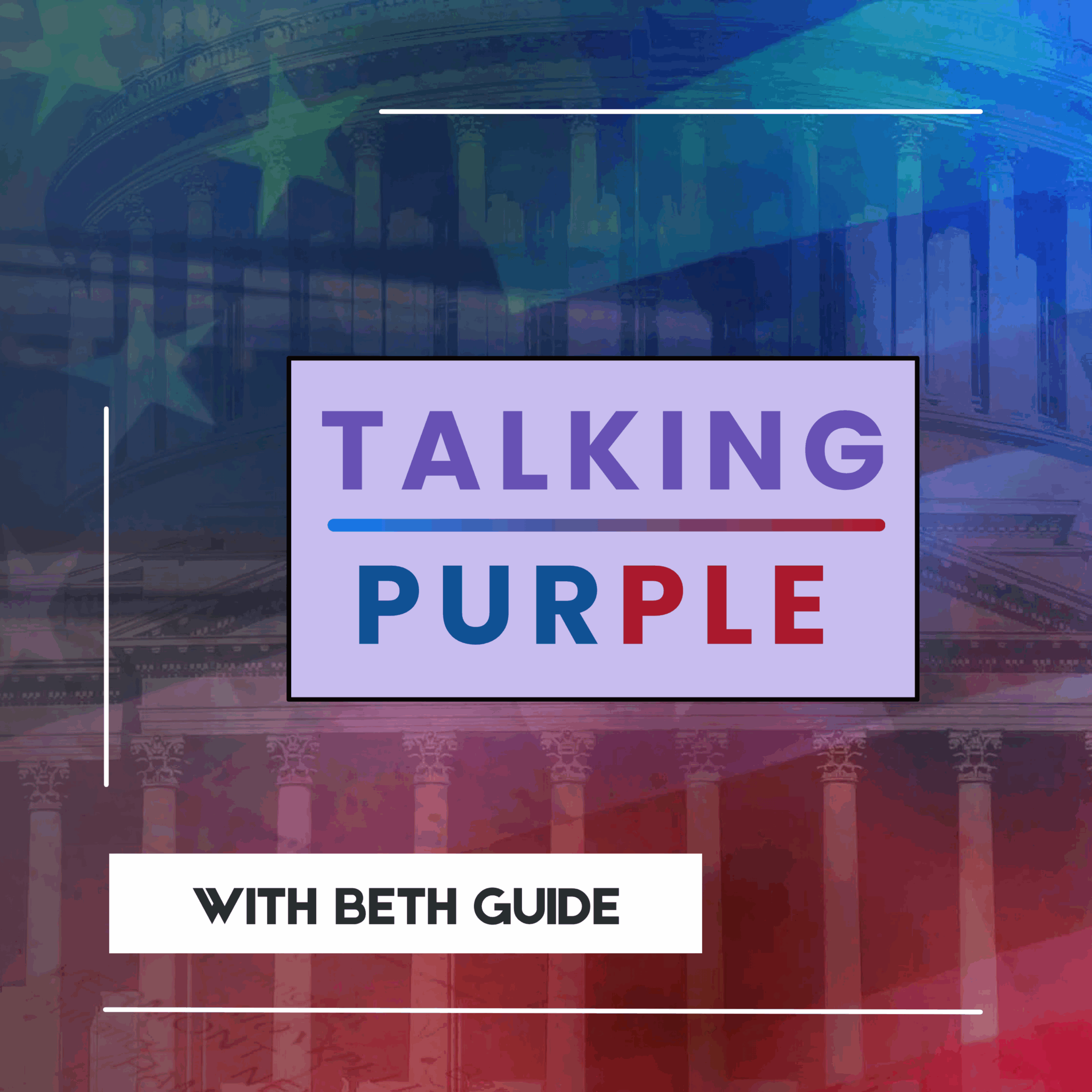Podcast: Play in new window | Download
Subscribe: Apple Podcasts | RSS | More
The “government shutdown” is, functionally, a filibuster fight; vulnerable families shouldn’t be collateral damage; local ballots matter more than most people realize; and voters—whether in Texas, Houston, New York City, or New Jersey—should pick the best person, not the party letter.
1) Let’s Call Things What They Are
I’m a big believer in accurate labels. Words shape how we think about problems—and how we solve them. So let’s start here: this isn’t just a vague “shutdown.” It’s a filibuster fight.
You can disagree with policy aims on either side and still acknowledge the mechanism: one party is blocking a continuing resolution (CR). That distinction matters because it shifts the conversation from mysterious dysfunction to a specific procedural roadblock with clear accountability.
I don’t care which team “wins.” I care whether the American people—especially the most vulnerable—lose.
2) When Policy Collides With People
One of the more interesting wrinkles in this standoff: using tariff revenue to keep WIC benefits flowing so moms and kids aren’t punished while adults in D.C. posture. You can call it unorthodox. You can call it classic Trump—finding a workaround when the process stalls. But if the question is, “Are families getting milk, eggs, and cheese?” then I’m going to applaud anything that answers “yes” while Congress plays chicken.
Meanwhile, look at what some versions of the CR drag along for the ride: funding riders, PBS dollars, and even congressional death benefits. I’m not anti–public broadcasting, and I respect public service. But when we’re weighing who gets helped first in a shutdown—children who need nutrition or the machinery of politics—I know where I land. The priorities should be crystal clear.
And about welfare “work requirements”: spare me the hysteria. Versions of that idea existed in Democratic circles during the Clinton era. Reasonable people can debate design and carve-outs without pretending the entire concept is some cartoon villain.
Bottom line: Fund the essentials for the people who need it. Strip the ornaments off the CR tree. Solve the problem in front of you.
3) Texas: The Election That Hits Your Wallet
Voter turnout is soft. Non-presidential cycles always dip, but this year feels worse—and that’s dangerous because “small” elections often punch above their weight.
If you’re a Texas homeowner, you should be laser-focused on the homestead exemption floor. Codifying a higher baseline matters. A lower exemption later means higher taxes sooner than you think. If you care about keeping your house affordable, get to the polls. Don’t outsource your mortgage to apathy.
Parents: pay attention to measures that affect parental rights. We already have laws for criminal abuse. What worries me is the creeping normalization of schools and agencies overruling families on non-criminal disagreements. Every kid is different; one-size-fits-all bureaucratic “solutions” rarely fit anyone.
Turnout takeaway: Low-salience ballots let organized minorities decide for silent majorities. If a candidate only wins when no one’s looking, maybe they shouldn’t be winning.
4) Houston’s At-Large Reality Check
At-large seats aren’t neighborhood trophies; they’re citywide responsibilities. I want people on council who help a mayor that’s actually delivering—more policing where it’s needed, more attention to communities long ignored. That requires grownups who can govern, not climbers who see low turnout as a ladder.
Party labels don’t fill potholes, and they don’t make neighborhoods safer. Competence does. Character does. Judgment does. If you’ve watched long enough, you know who shows up prepared and who shows up when a camera does.
5) New York, Then and Now: Safety Is Not a Partisan Word
I grew up staring at the Manhattan skyline from New Jersey. I remember a city you didn’t wander after dark, and I watched it come back to life when leadership decided “safe and open for business” wasn’t optional.
Say what you want about personalities, but public safety is the floor everything else stands on. Kill the floor and the house collapses. If policing becomes a partisan litmus test, regular people lose—especially those who can’t afford to move to the suburbs when things go sideways.
Leadership in New York should be chosen by one measure first: Who protects New Yorkers? Not who wins Twitter. Not who carries the right letter in front of their name. The candidate who actually defends the city—day in, day out.
6) A New Jersey Culture Test (Yes, Taylor Ham Matters)
If you think “Taylor ham vs. pork roll” is trivial, you’re missing the point. Culture cues are shortcuts to authenticity. They tell you whether a candidate knows the people they’re asking to represent. You don’t have to love the sandwich—but you should know why the question itself matters to voters who do.
When a 30-point summer lead becomes a single-digit autumn race, it usually means a candidate spent too much time talking at voters and not enough time listening to them.
7) Money Isn’t a Magic Wand
For every dollar Washington prints to “solve” a problem, a family somewhere tightens a belt. Inflation is a tax that doesn’t need a roll call vote. You’ve already paid it at the pump and the grocery store. Prices easing at the gas station? Great. But durable affordability comes from policy discipline, not wishful thinking and a federal money printer set to “infinite.”
We don’t need symbolism. We need solutions. Sometimes that’s a clean CR. Sometimes it’s a hard “no” on riders. Sometimes it’s an uncomfortable compromise that funds what must be funded and shelves what can wait.
8) Pick People, Not Parties
I’ve voted for Democrats. I’ve voted for Republicans. I’ll keep voting for adults who can govern. If your ballot is basically a jersey you wear on game day, you’re not voting—you’re spectating.
Choose the person who will fix the thing in front of you:
- The one who will keep food on children’s tables during a standoff
- The one who will lock in homeowner protections when city budgets get tight
- The one who will defend a city so regular people can walk to dinner without a calculator for risk
That person may not be from “your side.” Vote for them anyway.
A Simple Homework Assignment
- Find your ballot. Read every item, especially the “boring” ones.
- Circle what hits your life: homestead exemptions, school policies, public safety.
- Show up. Low-turnout elections are where your voice is the loudest.
Exit the echo chamber. Pick competence over cosplay. And vote like your everyday life depends on it—because it does

